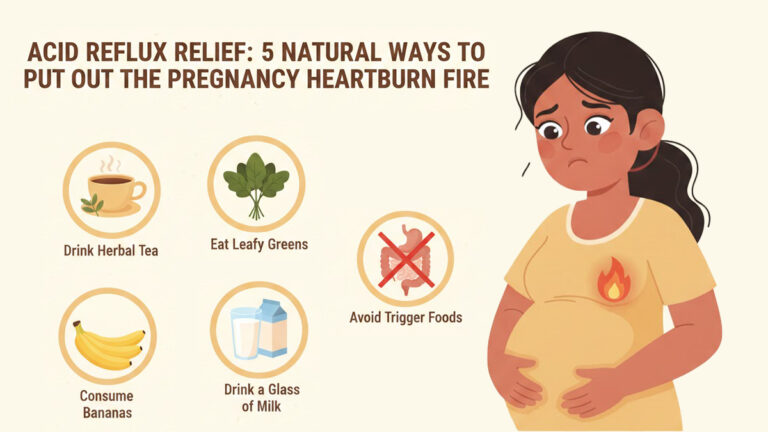Hypothalamic amenorrhea (HA) is a condition that affects women of reproductive age, characterized by the absence of menstruation due to a disruption in the hypothalamus, a part of the brain responsible for regulating hormones that control the menstrual cycle. This condition has a significant impact on fertility, as it can prevent ovulation, which is necessary for conception. Understanding the causes, symptoms, and treatment options for hypothalamic amenorrhea is crucial for those struggling with infertility.
What is Hypothalamic Amenorrhea?
Hypothalamic amenorrhea occurs when the hypothalamus, which controls the release of hormones such as gonadotropin-releasing hormone (GnRH), is unable to properly signal the pituitary gland to release hormones essential for ovulation. As a result, the ovaries do not produce eggs, and menstruation stops. The most common underlying causes of hypothalamic amenorrhea are stress, excessive exercise, and low body weight. Other factors such as nutritional deficiencies, eating disorders, or significant weight loss can also contribute to this condition.
Causes of Hypothalamic Amenorrhea
Stress: Stress triggers the release of cortisol, a stress hormone, which can inhibit the production of GnRH, leading to anovulation and missed periods.
Excessive Exercise: Intense training or over-exercising, particularly without adequate rest or nutrition, can disrupt the hypothalamus and prevent regular menstruation.
Low Body Weight: Body fat is essential for hormone production, and a lack of fat stores can trigger the body to stop ovulating.
Eating Disorders: Women with eating disorders are more likely to develop HA due to the combination of poor nutrition, stress, and low body weight.
Other Health Issues: Certain medical conditions like thyroid disorders or polycystic ovary syndrome (PCOS) can contribute to hormonal imbalances and may increase the risk of developing hypothalamic amenorrhea.
How Hypothalamic Amenorrhea Affects Fertility?
The primary impact of hypothalamic amenorrhea on fertility is its effect on ovulation. Without regular ovulation, a woman is unable to produce eggs for fertilization, making it extremely difficult, if not impossible, to conceive naturally. Additionally, the absence of menstrual cycles means that the woman is not experiencing the hormonal fluctuations necessary to create a supportive environment for pregnancy.
If left untreated, hypothalamic amenorrhea can lead to prolonged infertility. Moreover, the lack of estrogen associated with the condition can result in bone density loss, which increases the risk of osteoporosis. Therefore, it is important to address both the reproductive and overall health aspects of HA.
Treatment Options for Hypothalamic Amenorrhea
Fortunately, hypothalamic amenorrhea is a treatable condition. The key to treatment is addressing the underlying causes that are disrupting the hormonal signals necessary for ovulation. Treatment options may include:
Lifestyle Changes: The first step in treating HA is often making adjustments to lifestyle factors. This could mean reducing stress, modifying exercise routines, or gaining weight to achieve a healthier body mass index (BMI). These changes can help restore the balance of hormones necessary for regular menstrual cycles.
Nutritional Support: A balanced diet rich in vitamins and minerals is essential for reproductive health. Women with HA may benefit from working with a nutritionist to ensure they are receiving the proper nutrients to support fertility and overall health.
Hormonal Therapy: In some cases, hormonal treatments such as estrogen or progesterone may be prescribed to stimulate menstruation and promote ovulation. Additionally, fertility medications may be used to induce ovulation, helping women with HA conceive.
Cognitive Behavioral Therapy (CBT): If stress or an eating disorder is contributing to the condition, therapy may be recommended to address these underlying factors. CBT has been shown to be effective in managing stress and improving psychological well-being, which may help restore normal hormonal function.
Fertility Treatments: In cases where lifestyle changes and medications do not restore ovulation, assisted reproductive technologies (ART) such as In Vitro Fertilization (IVF) or intrauterine insemination (IUI) may be considered. These treatments can help women with HA achieve pregnancy even if they are not ovulating regularly.
Esha IVF: Supporting Your Fertility Journey
At Esha IVF, we understand the challenges women with hypothalamic amenorrhea face when trying to conceive. Our team of fertility specialists is committed to offering personalized care and guidance to help you restore hormonal balance and improve your chances of pregnancy. Whether it’s through lifestyle management, hormone therapy, or advanced fertility treatments like IVF, we provide comprehensive support tailored to your unique needs.
We believe in a holistic approach to fertility care, addressing both the medical and emotional aspects of your journey. If you are struggling with hypothalamic amenorrhea and its impact on fertility, don’t hesitate to reach out to us. Together, we can work toward achieving your dream of parenthood.








